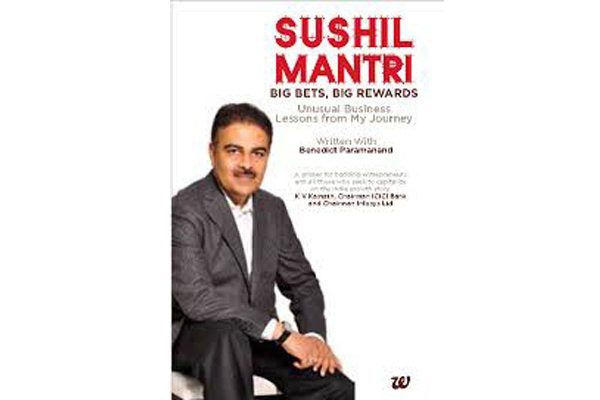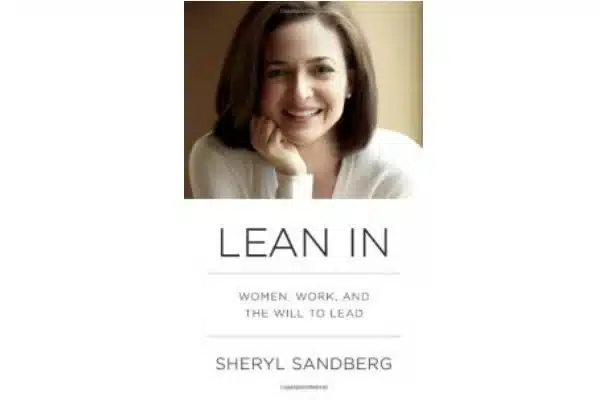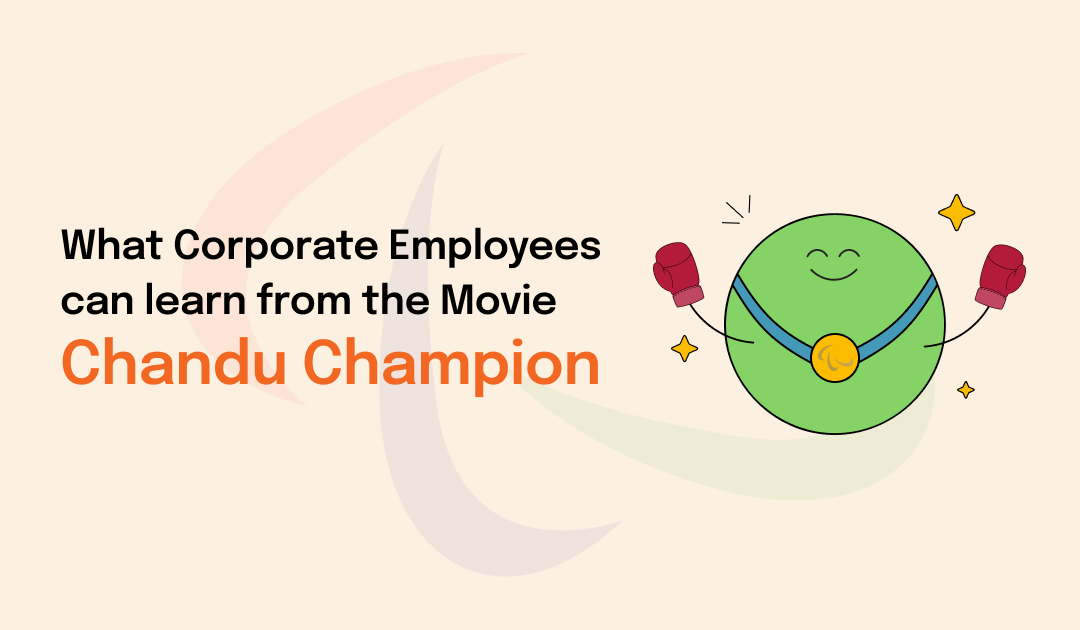Circa 1999.
A man, a dream.
And not much else ………

These were the intriguing lines that nudged me to pick up the small book that unveiled the lessons learnt during the interesting entrepreneurial journey of Sushil Mantri, the man who took Mantri developers from scratch to a billion dollar valuation in seven years flat!….. a truly remarkable achievement by any standards.
The book is sprinkled with a lot of nuggets of wisdom written in a very down to earth manner.
When asked about the “secret of his success”, he quotes Mark Twain, “To succeed in life – you need two things – ignorance and confidence”. The examples from his life are numerous: He entered his family textile business at age 16 without really knowing much about it. He then moved on to handle a loss-making family share brokerage business without knowing how the stock market functioned! He played a major role in revamping a listed forging company – again with zero prior experience in manufacturing. He then went on to build India’s largest shopping mall in 2010 without having ever undertaken such a huge construction before. If you read between the lines, the lesson is clear: We sometimes place too much of weight on prior experience. Ignorance is never a handicap as long as it is compensated with an intense sense of curiosity and personal confidence.
When asked about his management philosophy, Sushil Mantri talks about a rather unique acronym that sums up his philosophy, which is: PQRST – which stands for: Punctuality, Quality, Reliability, Speed and Transparency. Especially in an industry (construction) notorious on most of the above parameters, to live by almost a contrarian philosophy like this and succeed spectacularly, teaches an important lesson, which is: Regardless of which industry one operates in, we should always question the rules of the game.
There is a very interesting anecdote he relates about the challenges faced during the making of The Mantri Square – India’s largest shopping mall at that time. The celebrations for winning the 20 acre property (on which the mall was finally built) were rudely cut short when he was summoned to the Bangalore City Corporation office a few days later, to be told in typical bureaucratic straight-faced style that the proposed metro station and a metro line will run right through the property. I was a mighty shock – and as he says, it took him eight days to come out of that shock. But how he handled that situation is a master class on how to turn an unfavorable situation into an advantage. While the whole world expected him to turn to lawyers, he instead made a counter-intuitive proposal: He proposed a PPP (Public-Private-Partnership) model to the government, where he would give the land free and build the metro at his cost, but would also build a commercial and residential block, some of the revenue and rentals of which he would share with the government. This turned out to be a master stroke because it was more than the government expected, and so quickly accepted. Now that Mantri Square is making money under two years of its operations, the footfall and expected turnover at the mall is expected to go up by another 22% when the Metro station is expected to come up in July 2013. The lesson for us is best summed up in his own words: “In life what you get most of the time depends on how much you are willing to give and how much you can give up of what belongs to you”. It also has another important lesson: Every cloud comes with a silver lining!
The book has another very interesting narration of his start-up days in Bangalore. Those were the days when the biggest talking point in Bangalore was the new airport coming up at Devanahalli in North Bangalore. Not surprisingly all builders headed that way. Sushil Mantri though took a contrarian stand – and went in the opposite direction to South Bangalore. To cut a long story short, that worked out very favourably too. Similarly, years later when he proposed Mantri Altius at the heart of Bangalore in Cubbon Park at a whopping 6 crores per apartment – it was largely seen as a risky, foolhardy move. The whole development was sold out in no time. The lesson really from Sushil is: Don’t follow the herd – follow your own voice.
The book has a separate chapter devoted to a few very practical tips that he recommends from his own experience:
- Time is money – a reputation of keeping deadlines, timely execution & fast decision making converts in a very tangible manner to bottom line performance
- Building a business that is process-driven and NOT person-driven is the biggest insurance for business continuity.
- Have clear quantifiable goals so that subjectivity has a minor role during appraisals, makes for a transparent culture
- Pay before being asked – and consciously allow a certain margin for your vendors.
- Its good to have pride in what you do, but an ego can only hurt you and others.
- Learning is future capital – entrepreneurial ingenuity and intuitiveness can take one only a certain distance. To build a dynamic company, we need the wisdom of others too.
- In business people often focus too much on, “Things to Do” and rarely on, “What not to do”. When organizations articulate the boundaries that their employees cannot cross, greater creativity emerges. This is because the focus is a lot sharper and time & effort is not wasted in trying the wild stuff.
Sushil Mantri comes from a Marwari business class family that has been in business for a long time before his generation too. Much of his practical wisdom, he attributes to his grandfather, who passed on many a gem too which he has listed as below:
- Don’t run day-to-day expenses using capital; they must be met only from the profits of the year
- Match spending to earnings. That is, don’t spend beyond your capacity to earn.
- A wise man starts his business in a deep recession, because recession teaches the value of every rupee.
- Whatever you start, complete it.
- Be an investor, not a speculator. Consider losses an investment and always expect good returns on your investment.
- Never say die; keep struggling. There is always light at the end of the tunnel.
- Take blessings, never ever take curses.
In all, the book is an inspirational read for anyone who picks it up – but especially so, for anyone dabbling in his own business.
How many of these lessons do you relate to? Do share your thoughts.









